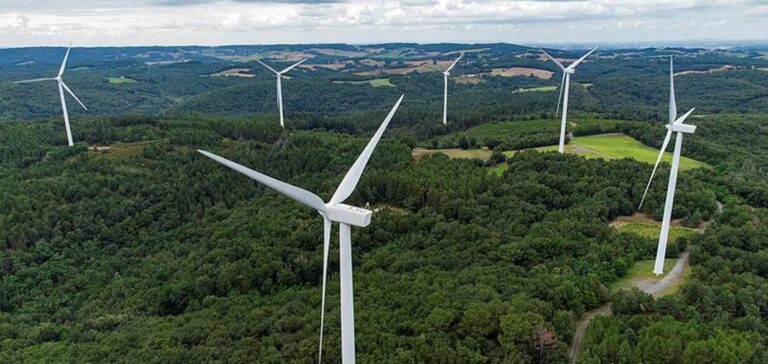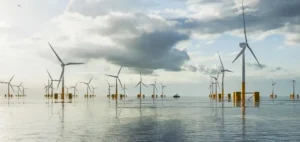Slow grid connection permit procedures are currently the main obstacle to the expansion of renewable energies in Europe. According to industry association WindEurope, the mismatch between improvements to electricity grids and the growing capacity of renewable energies is leading to waiting times of up to nine years for permits in several European countries, despite the European Union’s commitment to renewable energies.
WindEurope points out that this situation seriously compromises the achievement of the European Union’s energy objectives. The target is to generate 42.5% of energy from renewable sources by 2030, which requires 425 GW of wind power capacity, up from the current 220 GW.
A Bottleneck of Potential Projects
Wind power projects in Europe, representing over 500 GW of potential capacity, are awaiting responses to their requests for grid connection in countries such as France, Germany, Ireland, Poland and Spain. Italy and the UK each have over 100 GW of projects awaiting evaluation.
This backlog of requests prevents the most advanced projects from being developed rapidly, as applications are processed on a “first come, first served” basis. This process does not allow the most mature projects, and therefore those most likely to come to fruition, to be given priority.
Necessary solutions to speed up procedures
Europe’s energy industry players are calling on governments to stimulate investment in the extension of power grids, and to filter applications so that shovel-ready projects get permits quickly. More efficient application management could prevent potential projects from being blocked for years.
The industry also suggests reviewing the current project evaluation system to give priority to those that are technically and financially the most viable. By speeding up the permitting process, Europe could be better prepared to integrate a greater share of renewable energy into its electricity grid, thereby contributing to the energy transition and reducing greenhouse gas emissions.
European Coordination Necessary
To overcome these obstacles, better coordination between the various European countries and players is essential. Harmonized procedures and common policies could greatly improve the efficiency of permitting processes and enable a smoother integration of renewable energies.
Modernizing Europe’s electricity infrastructure and improving permitting processes are essential to achieving the EU’s ambitious climate and energy goals. Collaboration between governments, regulators and industry is crucial to turn these challenges into opportunities and accelerate the transition to greener, more sustainable energy.






















